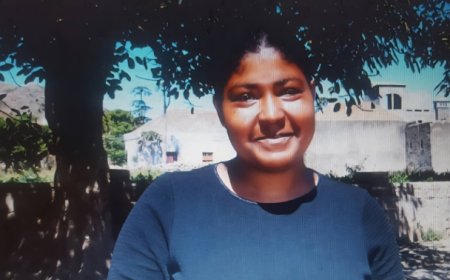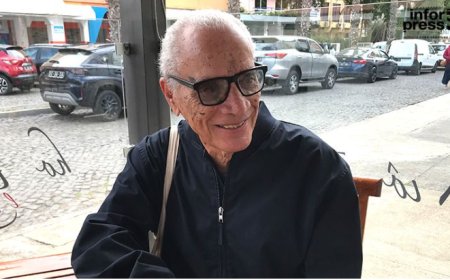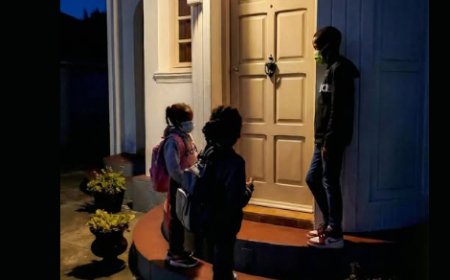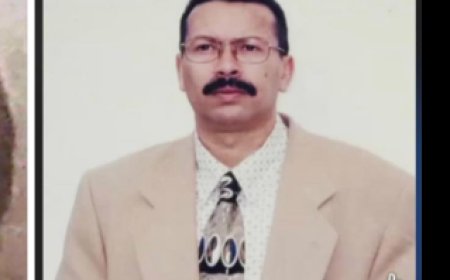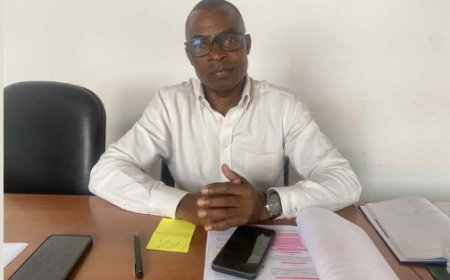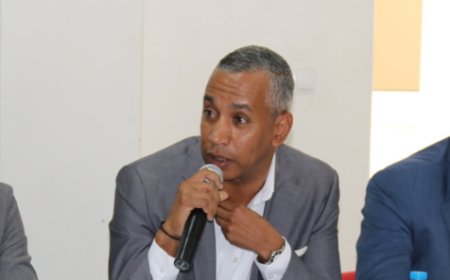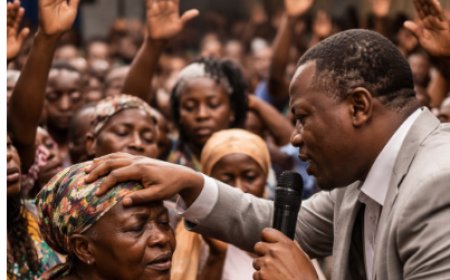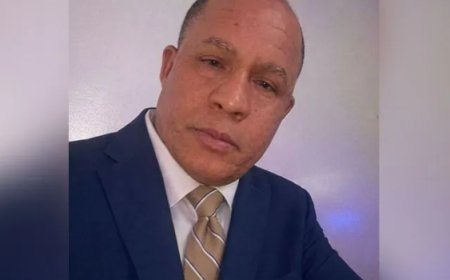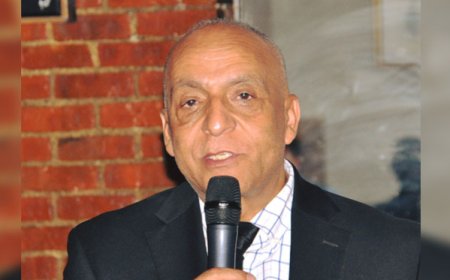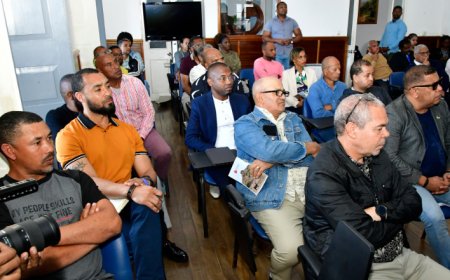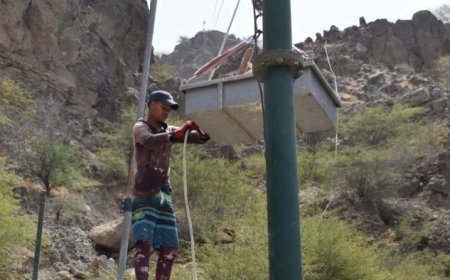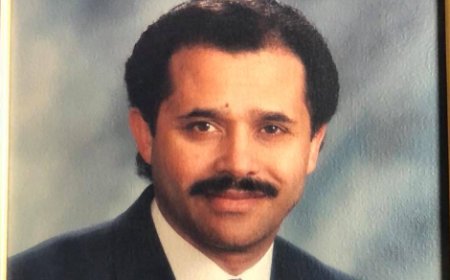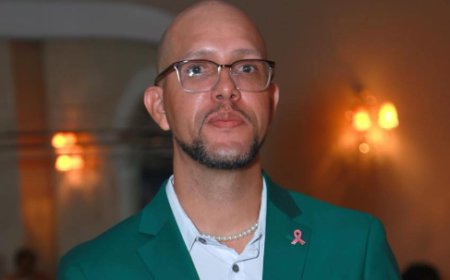Community leaders and good people are warning the Bravense and Cape Verdean community in the US and beyond to beware of false prophets who, in the name of God, promise miraculous cures and immediate prosperity.
Pawtucket, September 26, 2025 (Bravanews) - The Brava community, and Cape Verdeans in general, living in the United States, is on alert. Community and religious leaders, as well as anonymous citizens, are using social media and other channels to warn people against a growing wave of individuals and groups who, using the name of God, promise miraculous cures and blessings in exchange for money.

These warnings, which have been circulating on social media, echo a deep concern about the exploitation of faith and vulnerability. According to a pastor interviewed by Bravanews, the Bible, in Matthew 24:24, already warned: "For false Christs and false prophets will appear and show great signs and wonders to deceive, if possible, even the elect." This biblical passage serves as the basis for the urgent appeal from leaders and community members, who see these actions as a direct betrayal of Christian principles.
These charlatans' approach is often the same: they infiltrate communities, identifying people facing financial, health, or emotional difficulties. Using convincing rhetoric and emotional appeals, they promise immediate solutions—a cure for an incurable disease, instant financial prosperity, or the resolution of family problems—all in exchange for a monetary offering, which is actually payment for a prayer or a "miracle."
This practice is, at the very least, doubly perverse. Besides being a blatant exploitation of faith, it is a crime. Charging for prayers or offering healings in exchange for money not only violates the laws of many US states, but, according to religious leaders, is a grave sin. According to one religious leader, genuine faith is based on grace and unconditional love, not on monetary transactions. "Freely you receive, and freely give," says the Bible.
"We cannot allow our community to be exploited in this way," said a local religious leader who preferred to remain anonymous. "Faith is a pillar of our culture and identity, but greed cannot be masked by the cloak of spirituality. Asking for money in exchange for blessings is deceitful, and we must be firm in rejecting it."
Other community members echo this sentiment, sharing stories of friends and family who have been approached or deceived by these entities. One anonymous citizen shared that his aunt, battling a chronic illness, was convinced to hand over her savings to a "prophet" who promised to cure her. "She lost everything, and her health hasn't improved," he lamented. "The pain is twofold: that of the illness and that of betrayal."
In the face of these dangers, the message from leaders and citizens is clear:
Be skeptical: If someone promises a cure or a miracle in exchange for money, be suspicious immediately.
Seek genuine guidance: Consult religious leaders in your church or community who are respected and who preach the gospel message honestly and selflessly.
Report it: If you or someone you know has been a victim of a scam like this, report it to local authorities and consumer protection groups.
The final call is for the community to unite in solidarity, educating one another and protecting the most vulnerable. Faith, after all, is a gift that should be cultivated with love and care, not used as a tool to exploit others. The true blessing, they say, lies in living the values of community, solidarity, and honesty.

















